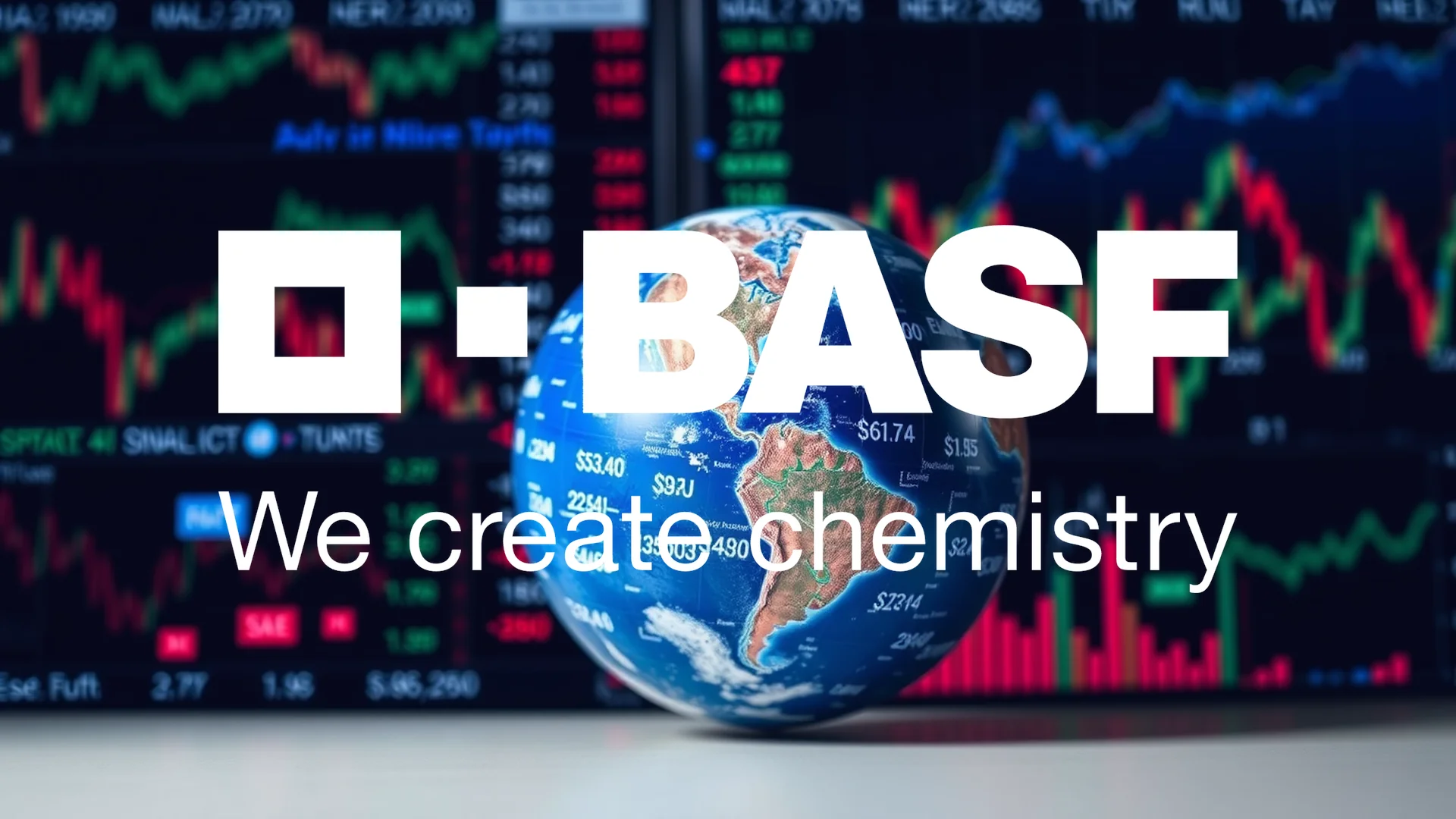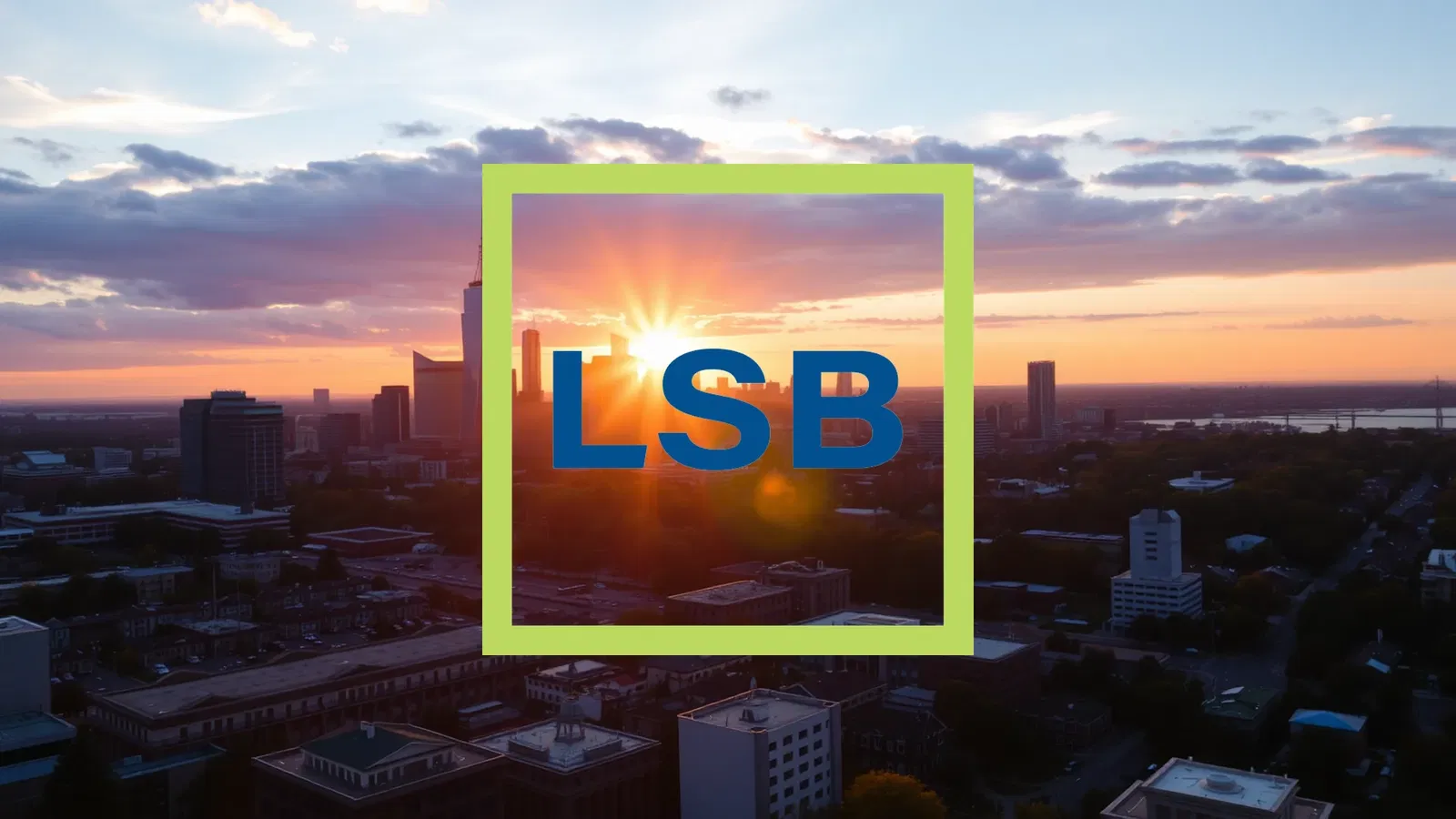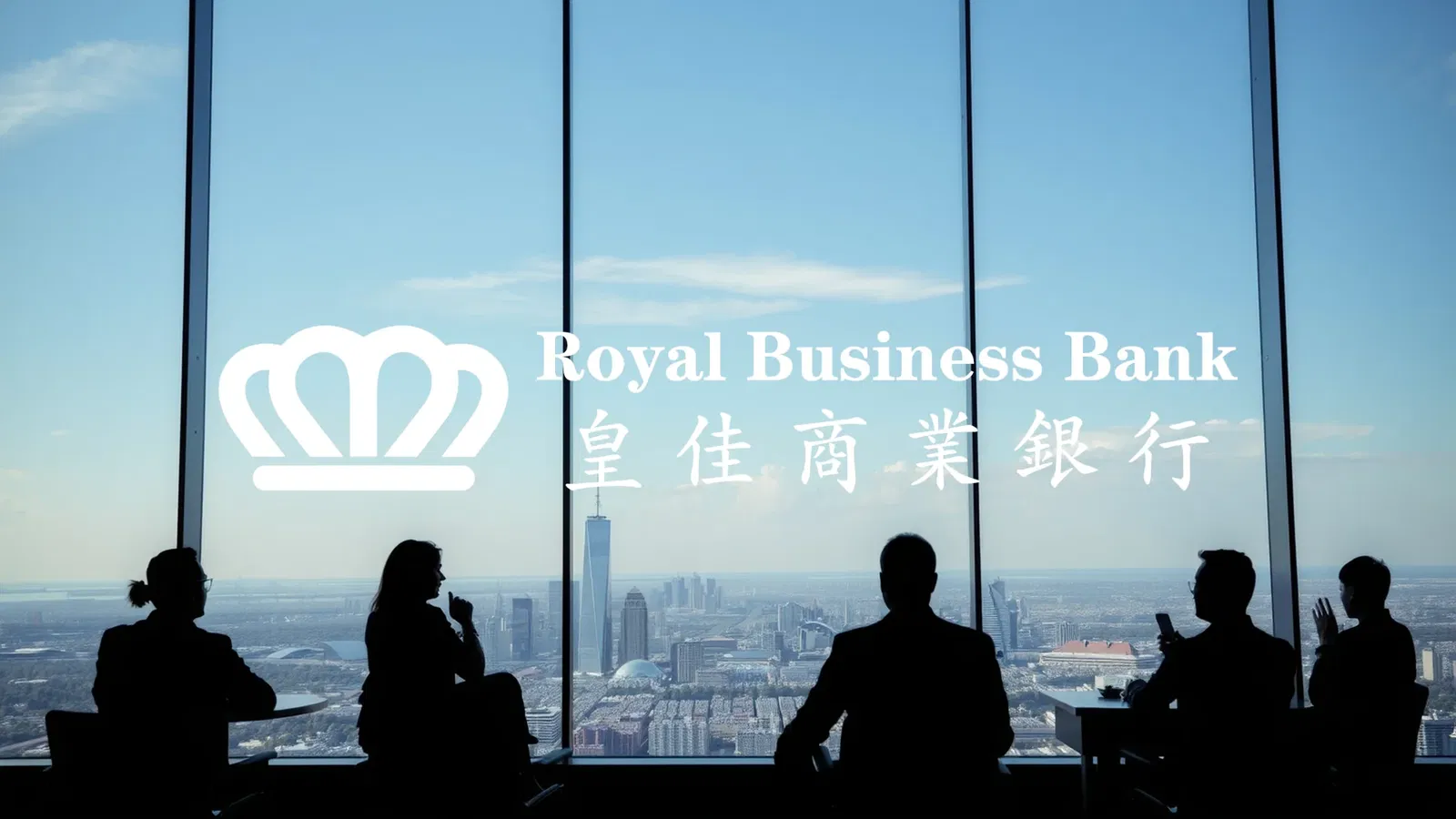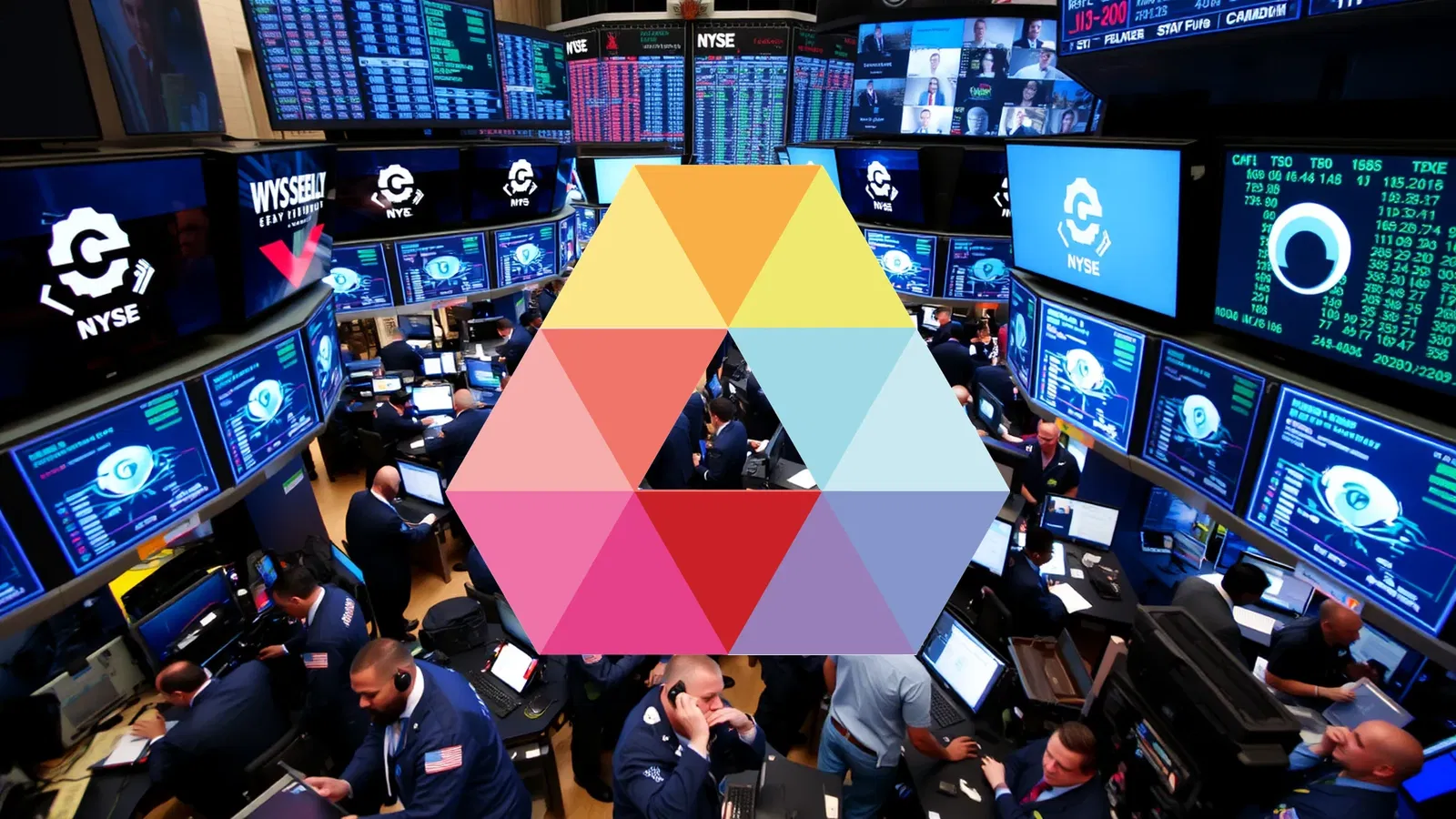In a significant blow to its prestige, German chemical giant BASF SE is set to be removed from the EURO STOXX 50 index, the premier benchmark for Eurozone blue-chip companies. The exclusion, which takes effect September 22nd, marks a symbolic low point for the DAX founding member as it battles persistent industry headwinds and a declining market valuation.
The Mechanics of Exclusion
Index provider STOXX Ltd. announced the upcoming changes, which will see BASF replaced by two newcomers: Spanish banking group BBVA and German defense contractor Rheinmetall. The reshuffle will be implemented after market close on September 19th.
The decision stems from two critical financial metrics where BASF has underperformed: market capitalization and trading volume. The EURO STOXX 50 specifically tracks the fifty largest and most liquid companies within the euro area, making membership a status symbol often referred to as Europe’s “blue-chip club.”
Immediate Consequences and Market Impact
The delisting triggers automatic selling pressure from passive investment vehicles. Exchange-traded funds (ETFs) and index funds that track the STOXX 50 are now compelled to divest their BASF holdings to accurately mirror the updated index composition. This forced selling over the next fortnight could create additional downward momentum on the company’s share price, which has already faced substantial pressure throughout the year.
Should investors sell immediately? Or is it worth buying BASF?
This development reflects deeper, structural challenges confronting the Ludwigshafen-based conglomerate. Soaring energy costs across Europe, a sluggish macroeconomic environment, and weakened demand from key customer industries—especially automotive and construction—have severely impacted the entire chemical sector.
A Critical Juncture for the Chemical Giant
Despite implementing extensive cost-cutting measures and strategic restructuring programs, BASF has been unable to decouple from the sector-wide downturn. The removal from a premier index represents a notable reputational setback as the company simultaneously pushes forward with efficiency drives to preserve profitability.
For investors, the pivotal question remains whether this event signifies the culmination of a difficult period or heralds further instability. Upcoming quarterly earnings reports will be scrutinized for any indication that the company’s turnaround strategies are yielding positive results or if BASF remains mired in the broader chemical industry crisis.
Ad
BASF Stock: Buy or Sell?! New BASF Analysis from February 8 delivers the answer:
The latest BASF figures speak for themselves: Urgent action needed for BASF investors. Is it worth buying or should you sell? Find out what to do now in the current free analysis from February 8.
BASF: Buy or sell? Read more here...












